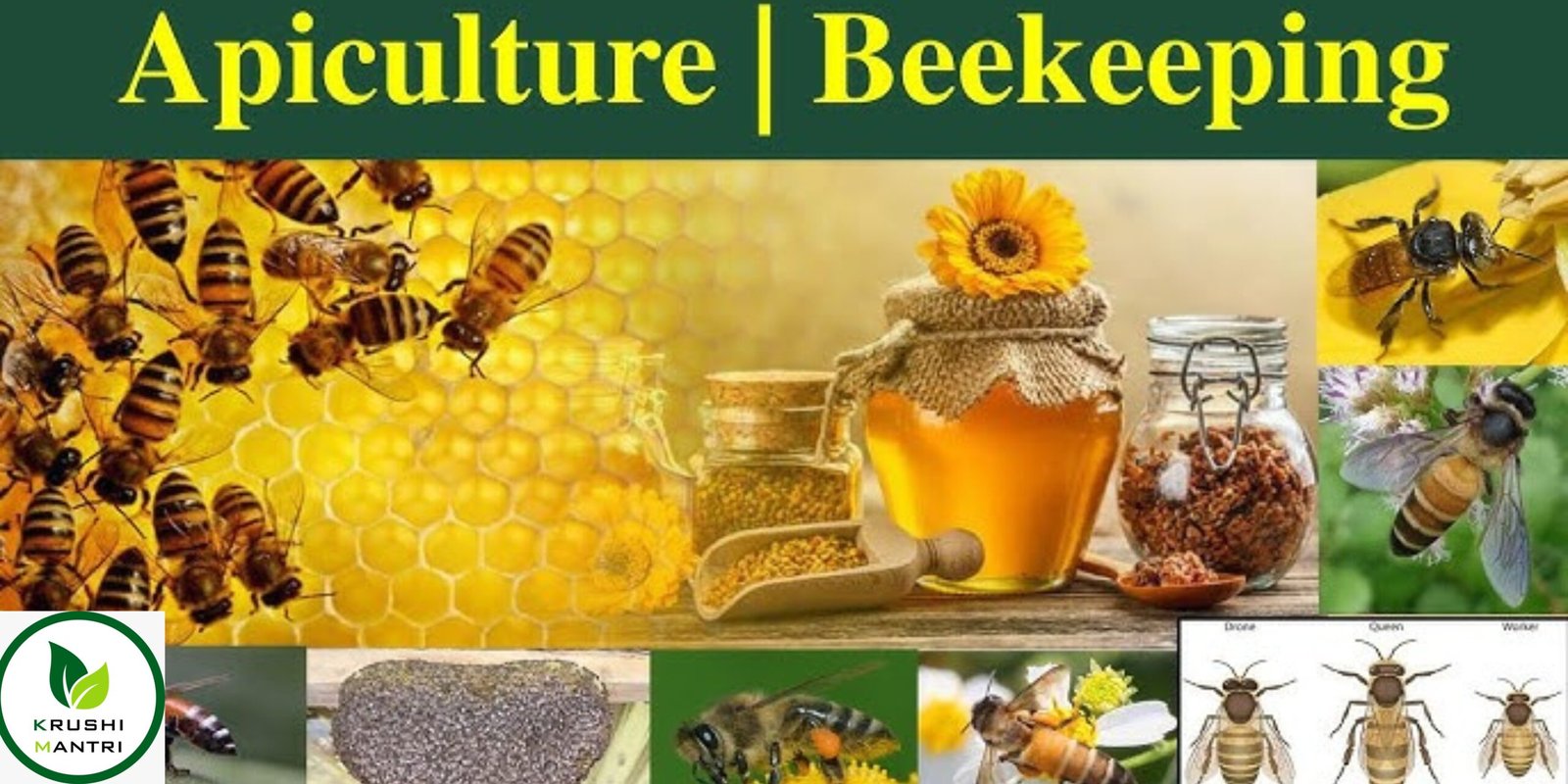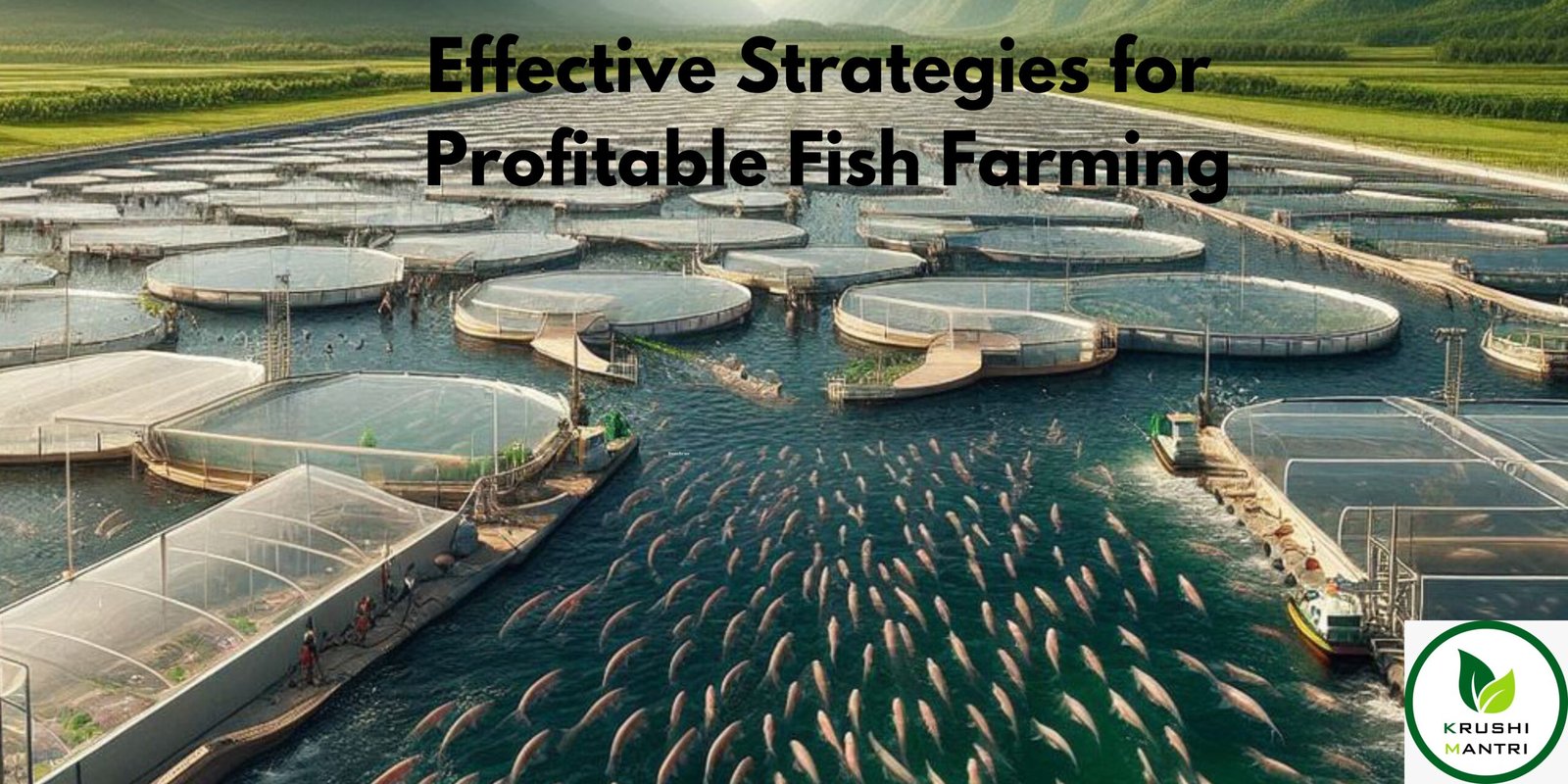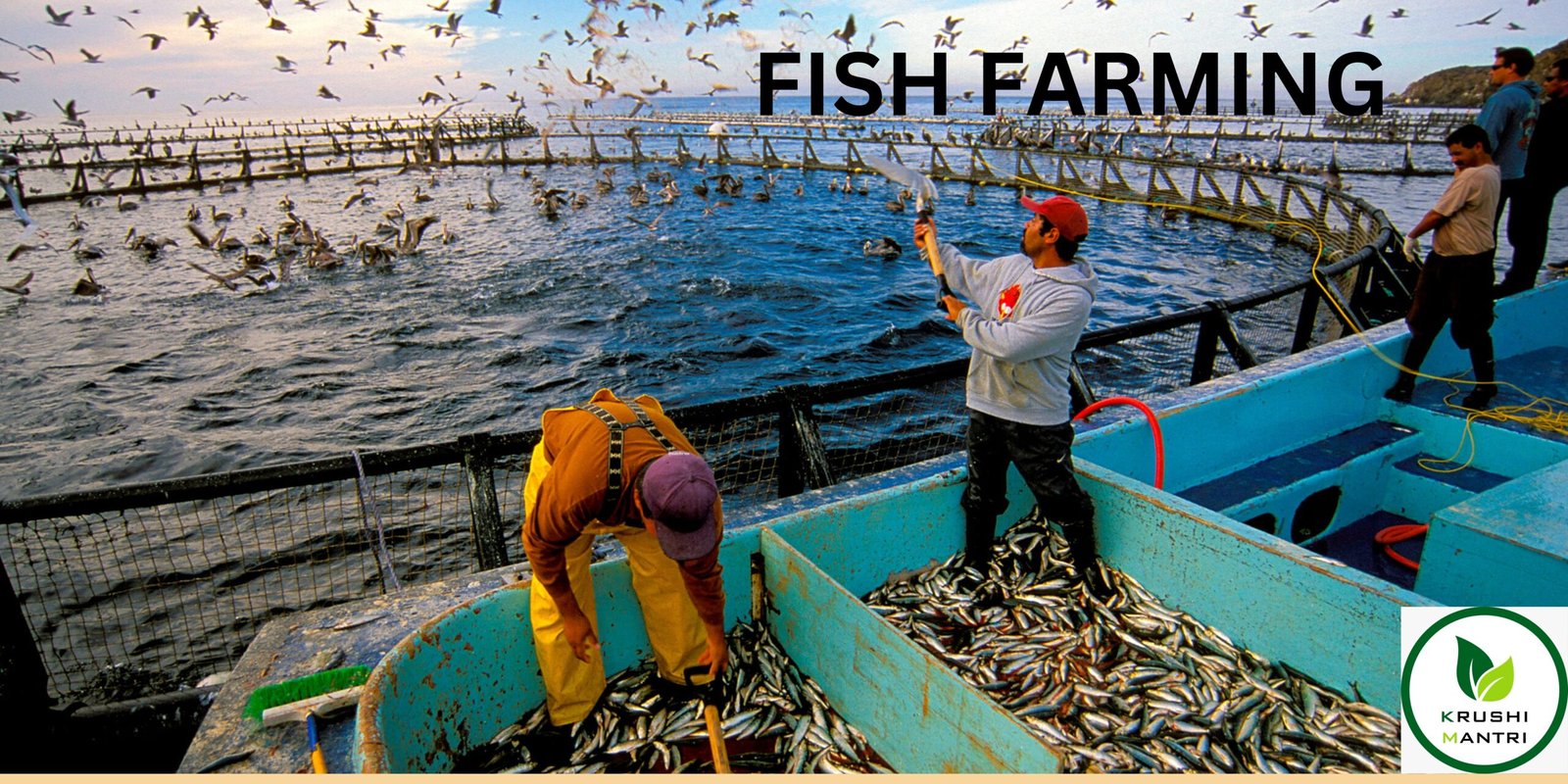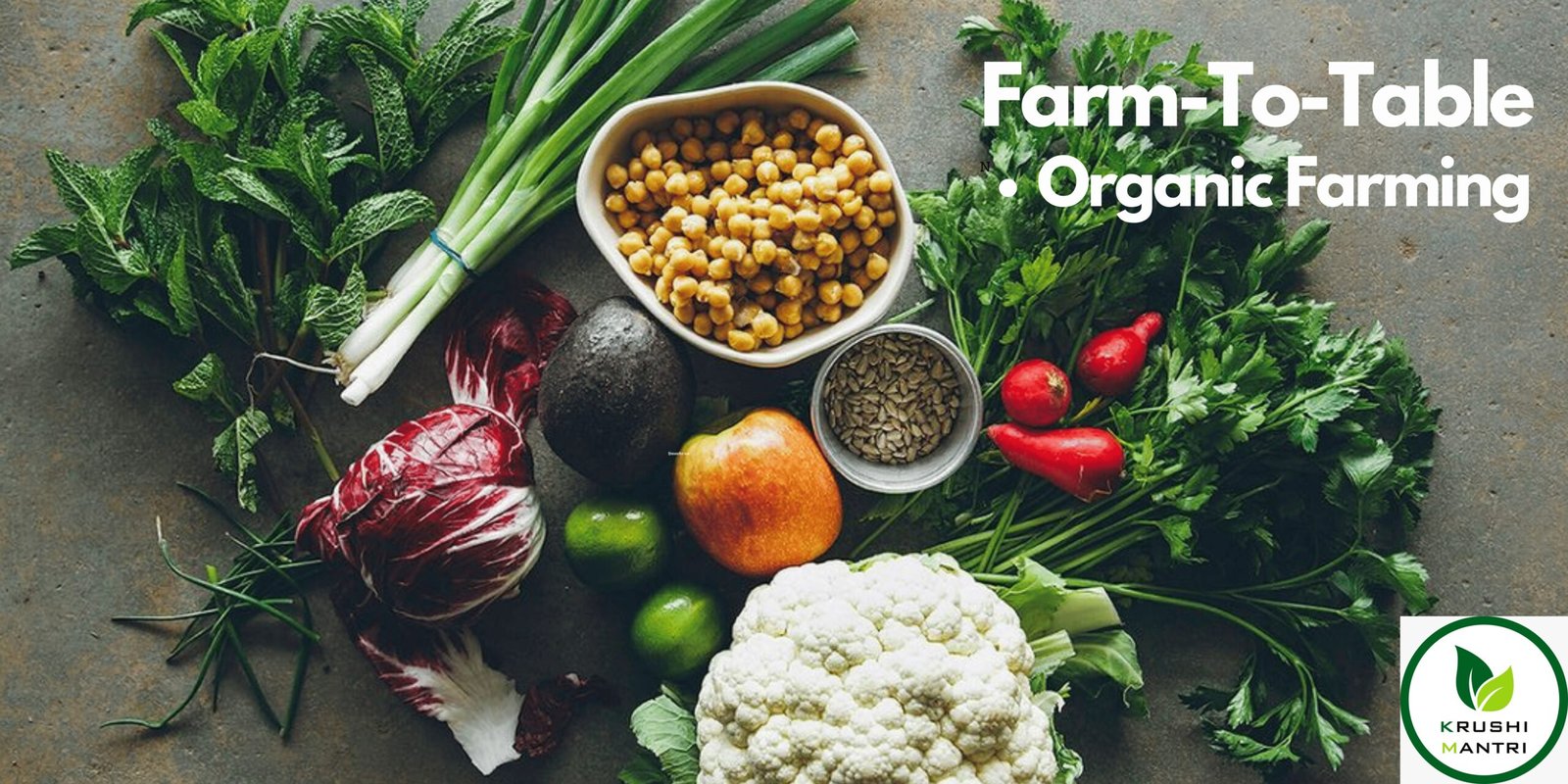Honey bee farming, also known as apiculture, is a sustainable and profitable agricultural practice with immense potential in India. With the increasing demand for natural honey and bee-based products, honey bee farming has become an attractive venture for farmers and entrepreneurs. This guide explores the essentials of honey bee farming, techniques, costs, benefits, and the crucial topic of bee certificate in India.
What is Honey Bee Farming?
Honey bee farming involves rearing and managing honey bees to produce honey, beeswax, royal jelly, and other products. It also supports pollination, which significantly enhances crop yield. India, with its diverse flora and favorable climatic conditions, is ideal for honey bee farming.
Why Invest in the Apiculture?
- High Demand for Organic Products: With a global shift toward health and wellness, organic honey and by-products like royal jelly and propolis are in high demand.
- Environmentally Beneficial: Bees play a crucial role in pollination, enhancing agricultural productivity.
- Low Investment, High Returns: Compared to other farming ventures, beekeeping requires minimal startup capital but promises excellent returns.
- Supplementary Income: Ideal for small farmers and rural households to diversify income streams.
Types of Honey Bees in India
- Apis cerana indica: Indigenous species well-suited for Indian climates.
- Apis dorsata: Known as the rock bee, producing high volumes of honey.
- Apis mellifera: European bees introduced for commercial honey production.
- Trigona: Stingless bees, valued for their medicinal honey.
Steps to Start Honey Bee Farming
- Learn the Basics:
Attend beekeeping workshops or online training to understand the lifecycle and management of bees. - Choose the Right Location:
- A site with diverse flowering plants.
- Away from pesticides and pollution.
- Ensure access to a clean water source.
- Set Up Equipment:
- Beehive boxes, frames, and foundations.
- Protective gear, smokers, and honey extractors.
- Procure Bee Colonies:
- Source healthy colonies from certified suppliers.
- Manage and Maintain Hives:
- Monitor for diseases like foulbrood and pests like wax moths.
- Provide seasonal feeding and adequate ventilation.
- Harvest Honey:
- Extract honey using a centrifuge or manually.
- Filter and package it for sale.
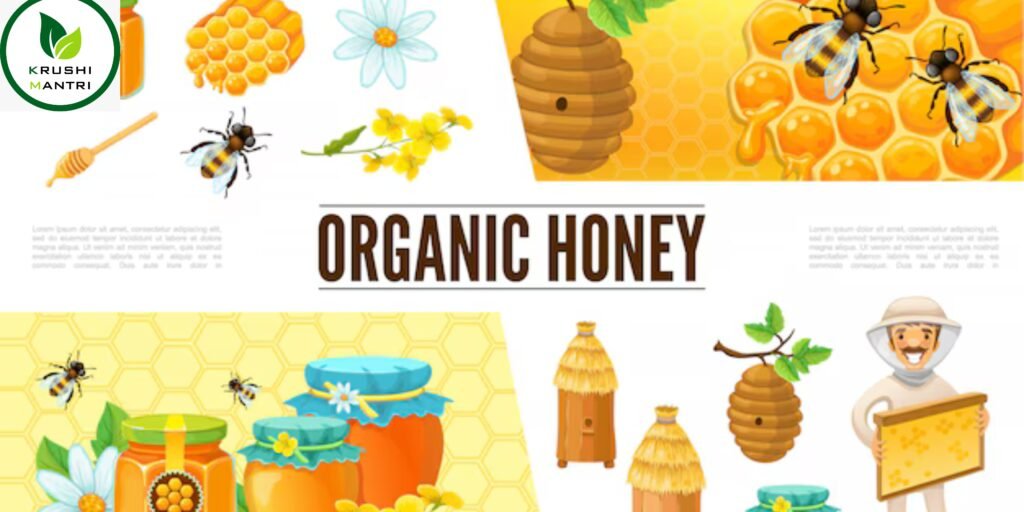
Costs Involved in Apiculture
| Expense | Estimated Cost (₹) |
| Bee Colony (per box) | 3,000–5,000 |
| Hive Boxes (per box) | 2,000–4,000 |
| Protective Gear | 1,500–3,000 |
| Other Tools | 5,000–10,000 |
| Total Investment | 30,000–50,000 |
Bee Certification in India
What is Bee Certificate?
Bee certificate ensures that honey and other bee products meet quality, safety, and environmental standards. In India, this certification is vital for marketing your products in domestic and international markets.
Certifying Bodies in India:
- National Bee Board (NBB):
- Under the Ministry of Agriculture & Farmers’ Welfare, NBB promotes scientific beekeeping.
- Offers assistance and guidelines for certification.
- AGMARK Certificate:
- Provides quality certification for honey under the Ministry of Agriculture.
- FSSAI Certificate:
- Ensures that honey meets food safety and quality standards.
Steps to Get Certified:
- Register with the National Bee Board.
- Submit samples of honey for quality testing to FSSAI-approved labs.
- Obtain AGMARK certification for marketing purposes.
- Follow labeling and packaging guidelines set by the certifying authorities.
Benefits of Certification:
- Builds consumer trust and increases market value.
- Essential for exporting honey.
- Provides access to government schemes and subsidies.
Challenges in Honey Bee Farming
- Pests and Diseases: Mites, wax moths, and foulbrood disease.
- Climate Sensitivity: Bees are vulnerable to temperature changes.
- Market Competition: Branding and quality are crucial to stand out.
Conclusion
Honey bee farming or Apiculture in India is not just a business; it’s a way to contribute to environmental sustainability. With minimal investment and proper techniques, you can reap significant profits. Moreover, obtaining bee certification enhances product credibility and opens new market opportunities.
Embrace the buzz of honey bee farming and take a step toward a sustainable and profitable venture. Start today, and make the most of this sweet opportunity!
- How to Correct Your Farmer ID Online: A Step-by-Step Guide for Indian Farmers

- Unlocking the Potential of Sugarcane Production in Maharashtra: Expert Tips for Farming, Harvesting, and Marketing

- Apiculture- 6Essential Steps to Build a Thriving Honey Bee Farm
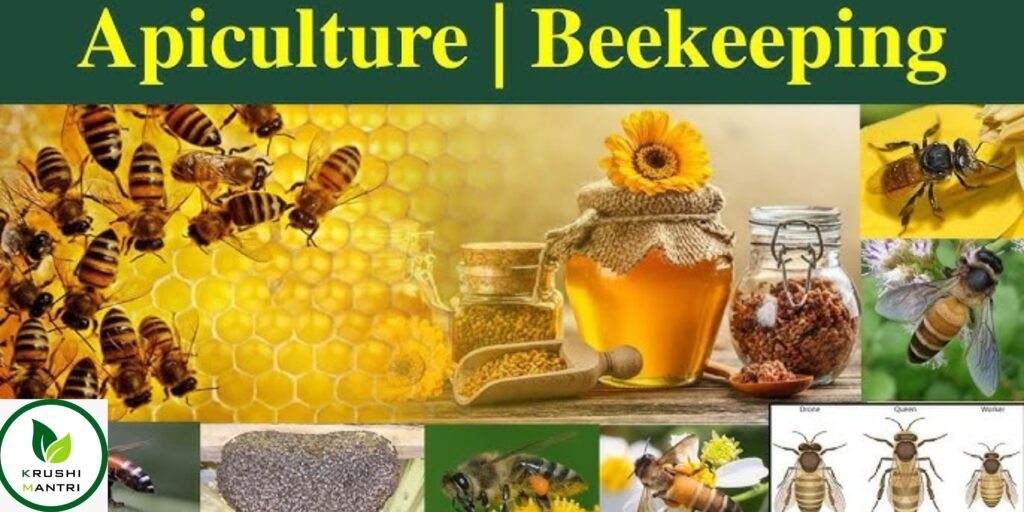
- Comprehensive Guide to Starting a Poultry Farm Business: Egg Production, Sheds, and Poultry Farm Insurance Coverage
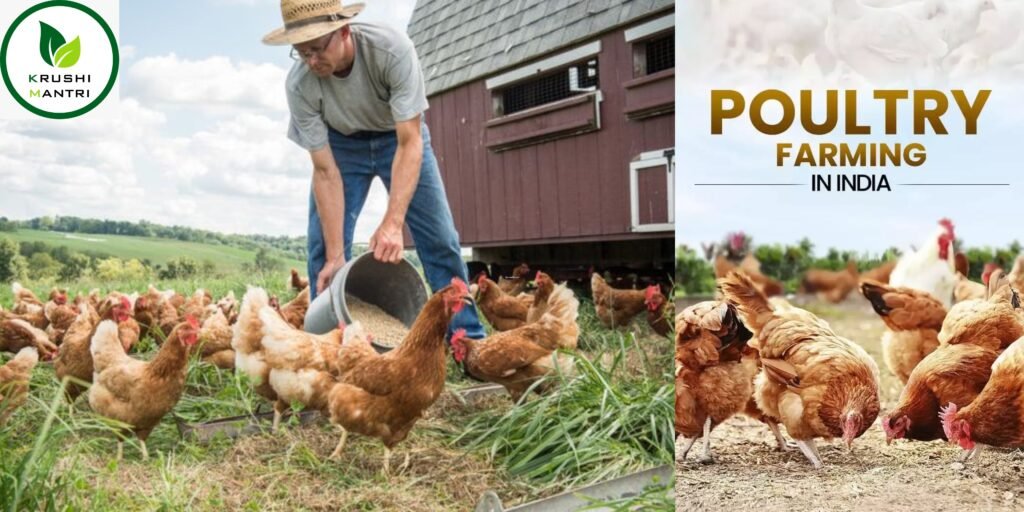
- A Complete Guide to Sandalwood Tree Farming: Red and White Sandalwood

- Rohu, Salmon Fish Farming: 4 Effective Strategies for (Types, Care, and Area-Specific Guidance)

